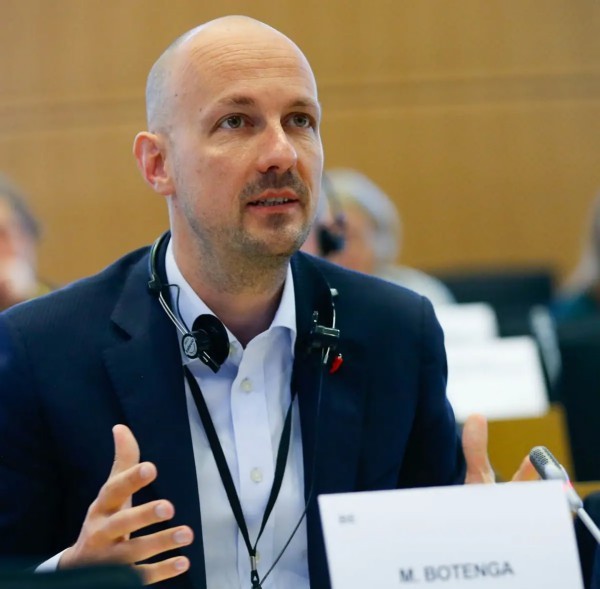Regional
Rwanda can never dialogue with génocidaires. Here’s why
.jpeg-20230305111648000000.jpeg)
On
February 24, when the world was reflecting on the 10th anniversary of the
signing of the Addis Ababa framework agreement on peace, security and
cooperation in the Democratic Republic of Congo and the region, Dr Denis
Mukwege called on Kigali to engage in an
‘inter-Rwandan dialogue’ with the FDLR.
The Congolese gynecologist, known for winning the 2018 Nobel
Peace Prize, is using his long-curated fame to pursue political interests in his country.
“We call on the Kigali regime to engage in an inter-Rwandan
dialogue with the FDLR, with a view to finding a lasting solution to this armed
group that emerged from the ashes of the genocide in Rwanda. This militia has
caused a lot of suffering in eastern Congo for more than 25 years,” reads part
of Mukwege’s statement.
The doctor turned politician said that FDLR continues to be used
as a ‘pretext’ by Kigali to intervene militarily in eastern DRC.
He reasoned that following
various joint operations between Congolese and Rwandan forces aimed at
neutralizing them, the residual elements of the militia group no longer pose a serious
threat to Rwanda’s security.
Like Mukwege, there have been a handful individuals with this
irrational thinking, who pushed the proposal of Rwanda engaging in dialogues
with FDLR.
But, why Rwanda can never dialogue with FDLR? This UN-sanctioned
group is made up of remnants of the individuals, Interahamwe militia and ex-FAR
who committed the 1994 Genocide against the Tutsi in Rwanda.
After being defeated by RPA/F forces, they fled to eastern DRC, reorganized
themselves with the support of Kinshasa, to return and complete the genocide against
the Tutsi.
The United States blacklisted the group as terrorists in 1999
after they killed two American tourists in Bwindi Forest, along the Uganda-DRC
border.
Today, FDLR is considered to be the strongest among other armed
groups in DRC, creating and training other militias.
On February 22, 2021, an Italian Ambassador to DRC, Luca
Attanasio, was killed in an attack which the governor of North Kivu province at
the time, Carly Nzanzu, said the attackers
were fighters of the FDLR.
In September 2019, Rwanda saw its bloodiest attack in over two
decades when dozens of civilians were killed and many others injured by FDLR in
Kinigi, a very touristic area in Northern province. No other armed attack has
claimed so many victims in Rwanda in recent years. The genocidal militia
attacked the inhabitants of Kinigi with knives and rudimentary weapons.
These are few among many other attacks which the perpetrators of
the 1994 genocide plotted in Rusizi back in 1996 and later in North-west Rwanda
(Gisenyi and Ruhengeri) in 1998. Hundreds of victims lost their lives.
And then, Mukwege claims that the FDLR ‘no longer pose a serious
threat’ to Rwanda’s security.
“FDLR fighters have killed hundreds of civilians over the years
in eastern Congo, at times hacked them to death with machetes or hoes, or
burned them in their homes. The fighters have committed countless rapes and
other acts of sexual violence,” reported Human Rights Watch in October 2022.
The FDLR is not only huge threat to Rwanda’s security, but to
region and the world in general.
Their genocide ideology is the biggest threat.
How can Kigali sit on the table, and dialogue with genocide
ideologues, and terrorists, who have been killing innocent civilians for three
decades? Has there ever been any other state that negotiated with genocide
masterminds or terrorists?
Their leaders are on record saying that they will only return to
Rwanda when there will be no more Tutsi.
That time will never come.



.jpeg-20230305103109000000.jpeg)



